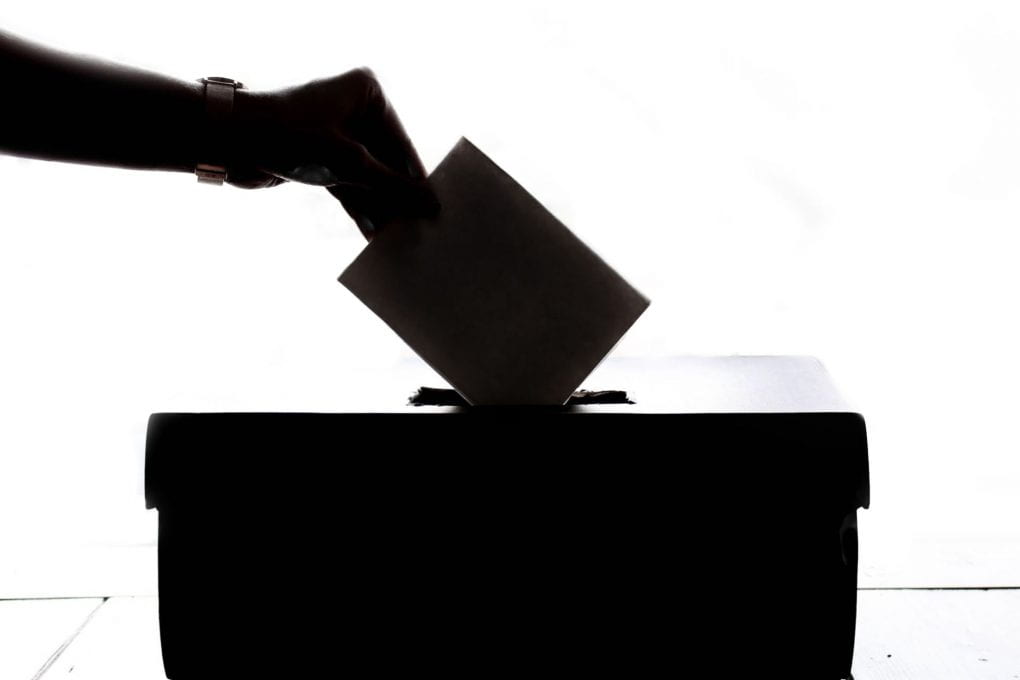As part of our Sun & Star Series, Dr. Masaaki Higashijima, Associate Professor of Political Science at Tohoku University and visiting Research Scholar at the University of Michigan, presented on why some autocrats win elections overwhelmingly without relying on overt electoral fraud and pro-regime electoral rules. This is a cause for concern because when autocrats strategically design elections according to their financial and organizational strength, free from manipulation, many perceive that the country is democratizing, which may not be the case.
Historically, only 10% of autocracies held elections until the end of the Cold War, which caused the proportion of such regimes holding these elections to increase to 83%. Autocratic electioneering strategies commonly include blatant electoral fraud, institutional manipulation, clientelism/patronage, and pork barrel strategies.
Dr. Higashijima performed a comparative case study on two Central Asian dictatorship–Kazakhstan and Kyrgyzstan–and why the former is able to depend less on electoral manipulation than the latter. The two countries have similar backgrounds in terms of their history, ethnic composition, and path to autocratization, yet very distinct regime outcomes. Dr. Higashijima’s research found that in regimes like Kazakhstan with more natural resources and a centralized regime, blatant fraud decreased while economic maneuvering stayed in place, while in decentralized, low-resource regimes such as Kyrgyzstan, blatant fraud is still rampant with destabilizing effects.
Dr. Higashijima’s case study reinforces findings that autocrats strategically design elections with a balance between credibility of election results and certainty of election victory, and that regimes with significant resources will use economic maneuvering in the place of blatant fraud. The international implications of the prevalence of economic maneuvering call for strengthened monitoring of funds from national resources, along with ensuring that foreign aid goes directly to opposition parties.
Dr. Higashijima concluded by reinstating that autocratic elections are still not as fair and credible as we’ve come to expect in modern democratic societies.
